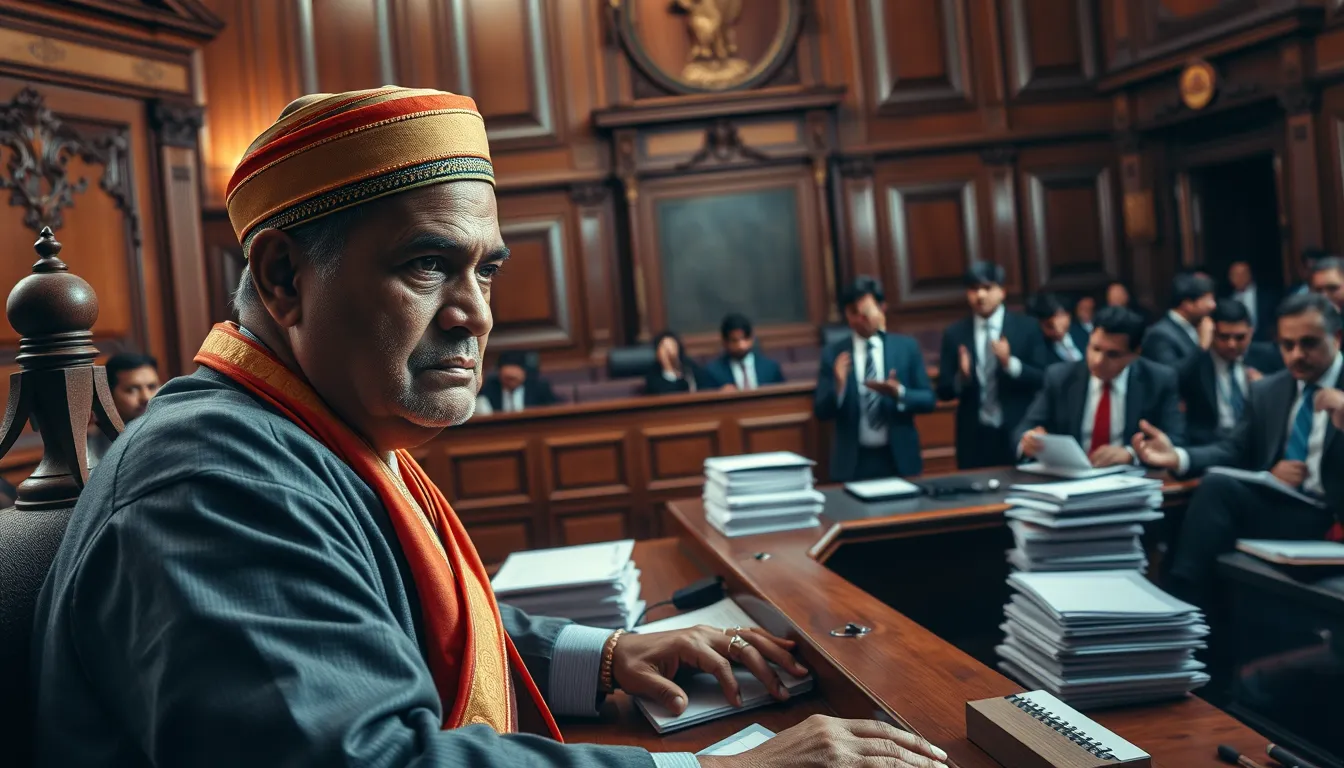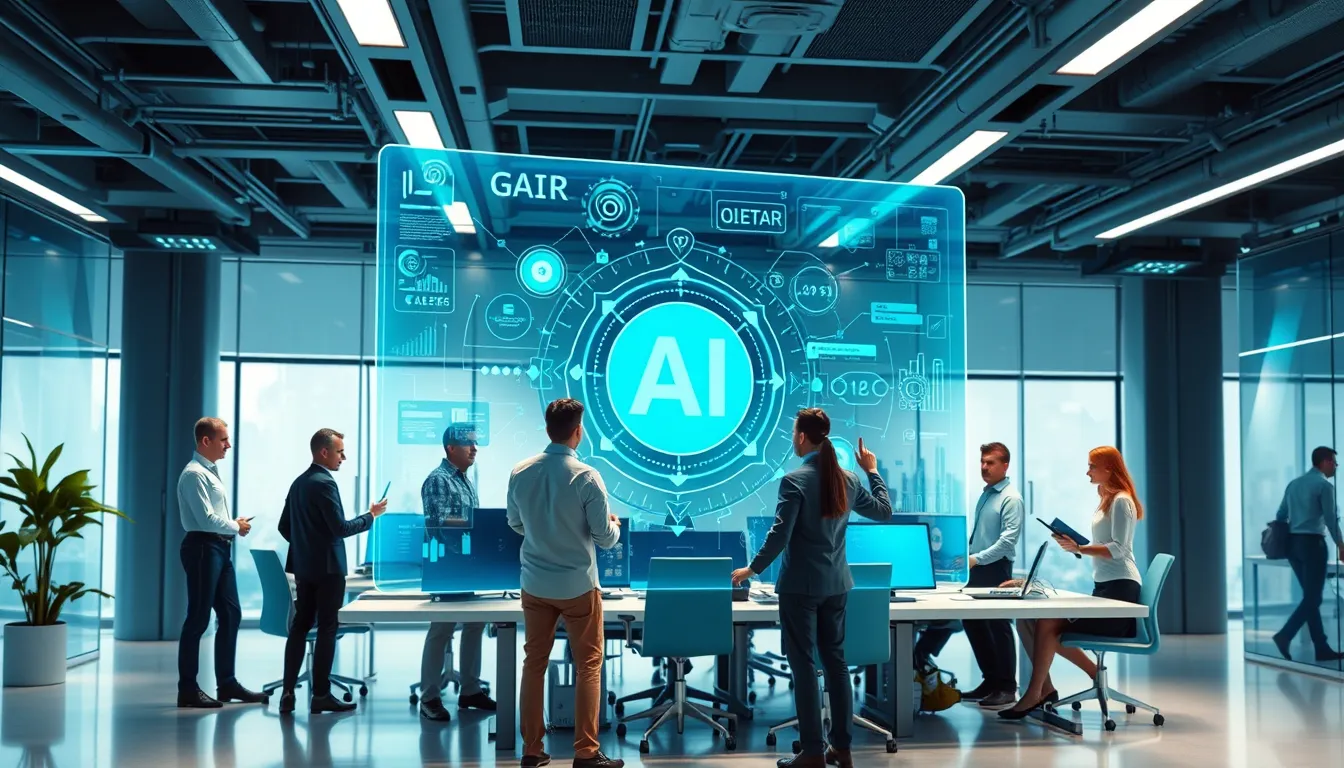Now Reading: OpenAI Delhi High Court: ANI & ChatGPT Data Deletion Debate
-
01
OpenAI Delhi High Court: ANI & ChatGPT Data Deletion Debate
OpenAI Delhi High Court: ANI & ChatGPT Data Deletion Debate

OpenAI Delhi High Court: ANI & ChatGPT Data Deletion Debate
The ongoing case involving OpenAI at the Delhi High Court has quickly become a focal point in discussions surrounding data deletion, copyright issues, and the complex relationship between national legal systems and global technology practices. At the heart of this debate lies the ANI lawsuit, which alleges that content used in the training of ChatGPT was incorporated without proper authorization. This dispute not only challenges traditional legal doctrines in copyright law but also raises critical questions about how emerging AI technologies should be regulated.
Introduction
In recent developments, OpenAI has presented a formidable case at the Delhi High Court that directly questions the feasibility of data deletion, particularly in relation to its ChatGPT training data. The ongoing legal battle, spurred by ANI’s claims, addresses the critical balance between adhering to U.S. legal requirements and satisfying increasing demands for data protection in other jurisdictions, such as India. As artificial intelligence continues to permeate various aspects of modern life, cases like this serve to highlight the tension between technological advancement and legal accountability.
The significant point of contention centers on whether ChatGPT’s training data should be deleted following allegations of unauthorized content use. OpenAI supports its stance by invoking stringent U.S. legal requirements, arguing that the deletion of training data would compromise compliance with these standards. This perspective underlines a broader debate: the intersection of emerging technology and law, where established legal frameworks are being tested by the rapid pace of innovation in the AI domain.
Overview of the Case
OpenAI’s defense is built on multiple legal and practical points. Central to its argument is the reliance on U.S. legal frameworks, which provide clear guidelines on data retention and handling. The company’s stance is that compliance with these guidelines is imperative for maintaining consistency in its operations, particularly given the global scale of its services.
- The ANI lawsuit: Accuses OpenAI of using content without obtaining proper authorization. This claim questions the legitimacy of the data used in training ChatGPT and raises wider concerns about how content is sourced in the development of AI models.
- Impact on global news partnerships: In today’s interconnected world, news agencies rely on rapid and accurate information sharing. Any legal precedent impacting data usage could have far-reaching effects on how such partnerships operate, particularly in the context of digital content dissemination.
- Jurisdictional challenges: The dispute raises questions over whether Indian courts have the authority to regulate matters that are fundamentally global. OpenAI argues that the Indian legal system may not have the appropriate scope to adjudicate disputes hinging on U.S. legal requirements.
The ANI lawsuit is emblematic of broader concerns regarding copyright ownership and the responsible use of data in AI training. As opinion and policy continue to evolve in response to these developments, the case raises questions about how traditional copyright frameworks can be reconciled with the demands of modern AI technologies.
In-Depth Look at ChatGPT Training Data Deletion
Legal and Technical Considerations
One of the most intricate aspects of this dispute is the technical and legal debate over the deletion of ChatGPT’s training data. The issue is not merely a question of whether data can be erased; it is about balancing technological feasibility with legal obligations. OpenAI emphasizes that the deletion process poses significant technical challenges. Given the enormous datasets involved in training models like ChatGPT, selectively deleting data without compromising the integrity and performance of the AI becomes a herculean task.
From a legal standpoint, the company points to U.S. regulations that govern data retention and deletion. Under these legal standards, data used for training purposes is treated as part of a larger corpus that is essential for ensuring the accuracy and reliability of AI outputs. Interfering with this data could hinder the AI’s ability to deliver precise and informative responses to users globally.
The ANI claim, however, brings to light critical ethical and legal dilemmas. If data that may have been incorporated without proper authorization is left intact, does that undermine the rights of the original content creators? Simultaneously, if such data is forcibly deleted, what implications would arise for the reliability and consistency of AI outputs? These questions are at the core of the ongoing debate and underscore the need for a nuanced approach that respects both legal mandates and the technical realities of AI development.
Challenges in Technical Implementation
From a technical perspective, the challenge of data deletion in models that have been trained on vast and diverse datasets is formidable. OpenAI argues that once an AI model like ChatGPT has been trained, the underlying data is no longer stored in a retrievable or isolatable form. Instead, the model has internalized patterns and parameters that reflect a comprehensive understanding derived from the training data. Therefore, the notion of ‘deleting data’ is not straightforward; it involves re-engineering processes at a fundamental level.
Furthermore, the process could disrupt models that have reached a level of sophistication based on continuous learning from a large corpus of information. Transitioning to training methods that involve selective deletion may require not only new technical frameworks but also a radical shift in how AI models are conceptualized and built.
Jurisdiction and Legal Implications
Indian Court Jurisdiction in AI Cases
The question of jurisdiction forms a critical pillar of this debate. OpenAI contends that the Delhi High Court lacks the jurisdiction to mandate data deletion because the company’s servers are not based in India. This argument is rooted in the perspective that legal control over data should reside in the country where it is physically stored and managed. The global nature of digital data, however, blurs traditional jurisdictional lines and creates legal uncertainty in cases that transcend national boundaries.
ANI, on the other hand, maintains that the court does hold authority over such matters, especially given the broad and far-reaching impact of AI technologies on local industries and stakeholders. ANI emphasizes that the case is not just a dispute over a single dataset; it is a test case that could set critical legal precedents affecting market competition and media partnerships in India. The insistence is on ensuring that international legal standards do not override local laws and that there is fair competition in the rapidly evolving tech landscape.
Broader Legal and Regulatory Context
The legal implications of the OpenAI Delhi High Court case extend beyond the immediate dispute. It calls attention to the broader regulatory challenges that arise when technology companies operate on a global scale. National courts are increasingly confronted with cases that involve transnational data flows and conflicting legal obligations. When U.S. legal requirements clash with the statutory mandates of another country, such as India, it creates uncertainty for both technology companies and regulatory bodies.
This case may prompt regulators around the world to revisit and potentially revise data governance frameworks. For instance, the European Union’s General Data Protection Regulation (GDPR) has already established stringent guidelines for data protection. Similarly, countries like India have been moving towards enhanced digital regulations. In this context, the outcome of the present case could encourage harmonization efforts among global regulators, fostering clearer guidelines for cross-border data management and AI training protocols.
Ethical Considerations and Industry Impact
Balancing Innovation and Accountability
The debate over ChatGPT training data deletion also taps into a broader discussion about the ethics of AI development. As AI systems become increasingly integrated into everyday life, the stakes associated with their training methods grow ever higher. Innovators are constantly walking the tightrope between pushing the boundaries of what is technically possible and ensuring that these advancements do not come at the cost of ethical accountability.
OpenAI’s position highlights an essential consideration: the need to balance innovation with legal and ethical responsibility. The company argues that its practices, built upon rigorous adherence to U.S. legal standards, are designed to support safe and reliable AI development. However, there is an equally compelling argument that robust mechanisms should be in place to protect the rights of content creators and ensure transparency in how data is utilized in AI training. Achieving this balance is critical for the sustained growth of the AI industry and maintaining public trust in technological advancements.
Industry-Wide Implications
The outcome of this legal challenge is likely to have a profound impact on the AI industry at large. Should the court mandate data deletion or impose other significant limitations on data usage, it could lead to a restructuring of AI training methods globally. For technology companies, this may necessitate the adoption of new strategies that prioritize modular and transparent approaches to data management. In turn, this could foster a more ethical and legally compliant environment for AI innovation.
Moreover, the debate adds a layer of complexity to how news agencies, content providers, and technology companies interact. The case underscores the interdependencies between media and technology sectors, and how legal decisions in one arena can cascade into far-reaching consequences across others. As stakeholders from multiple industries monitor the case closely, it serves as a catalyst for broader discussions about the future of data governance in the age of artificial intelligence.
Future Outlook and Conclusion
The case before the OpenAI Delhi High Court is emblematic of the evolving intersection of law, technology, and ethics. With the ANI lawsuit bringing allegations of unauthorized data use and disputes over ChatGPT training data deletion, the outcome holds significant implications for both the legal and technology communities.
- The complexity of applying national legal frameworks to global AI operations requires thoughtful reconsideration. As demonstrated in this case, U.S. data retention laws may clash with the expectations and legal mandates of other countries.
- Technical challenges in data deletion for AI models are considerable. The inherent nature of machine learning means that training data is interwoven into the fabric of AI outputs, making selective deletion not only difficult but potentially detrimental to the performance and reliability of these systems.
- The ethical dimension of the case cannot be understated. Ensuring that AI innovations do not come at the expense of individual and corporate content rights is an increasingly pressing concern. Establishing clear, enforceable guidelines on data usage and intellectual property in AI will be critical moving forward.
- Industry-wide impacts loom large. A ruling that forces changes in data management practices could set a precedent, prompting a global realignment of how AI models are built and maintained. Companies may need to innovate new methods that satisfy both legal and ethical considerations without compromising on the quality and efficiency of AI operations.
In conclusion, the proceedings at the OpenAI Delhi High Court are not merely a legal battle over data deletion but rather a landmark case that encapsulates many of the challenges facing the digital age. As the case unfolds, it promises to shed light on the delicate balance between innovation and regulation and the need for international dialogue on managing AI technologies responsibly. For those following these developments, the case serves as an important reminder that the future of technology is inextricably linked with the legal and ethical frameworks that underpin our digital society.
Stay informed on this evolving issue by following our tech news updates and in-depth analyses, ensuring that you remain at the forefront of one of the most significant legal debates in the era of artificial intelligence.

























